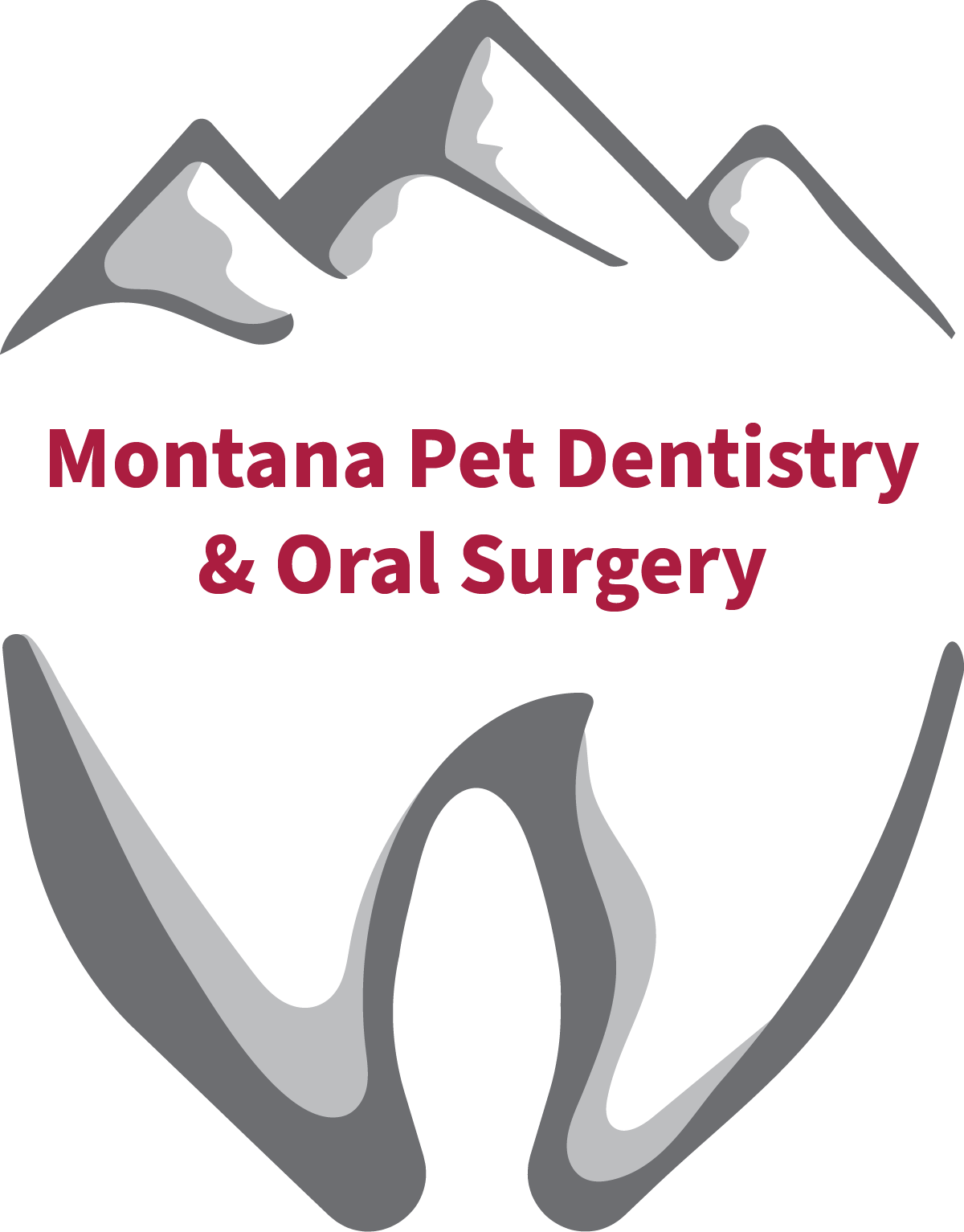Our dogs rely on us to keep them happy and healthy. But oral health often gets overlooked in our canine companions. One common dental issue dogs can experience is a tooth infection, which is commonly a result of periodontal disease.
Daily oral care, such as brushing your dog’s teeth, can help to prevent this disease from progressing, or even developing in the first place. However, preventative cleaning does not completely eliminate the problem if periodontal disease is arleady present. Infection can still occur.
So, how can you know if your dog has a tooth infection? It can be difficult because pets don’t typically outwardly show obvious signs of pain. But knowing the following signs and symptoms of a dog tooth infection can help you keep your dog from unnecessary pain and suffering.
Six Symptoms of a Dog Tooth Infection
1. Halitosis (Bad Breath)
This might be the most noticeable sign of a mouth infection for most dog owners. If your dog has bad breath that seems worse than usual, it can be a sign of tooth infection. Especially if it seems to last over multiple days or weeks without getting better.
Another sign commonly seen is a recurrence of a dog’s bad breath shortly after a veterinary dental cleaning. Severe oral malodor is commonly associated with the types of bacteria that thrive in deep pockets under the gumline, away from oxygen in the air. These are called anaerobic bacteria, which are the most destructive to normal tissues.
Many dog owners may be reluctant to bring their dog to the vet over a problem as seemingly trivial as bad breath. But pay attention to whether your dog has any of the following signs of a tooth infection in addition to bad breath. A combination of any two possible signs of infection can be reason enough to go to the vet.
2. Decreased Appetite / Change In Eating Habits
If your dog is experiencing oral pain, they may become less interested in eating, or start to eat differently than normal. They may eat slower, eat less, or drop food while eating. Keep an eye out for all of these changes in your dog, as they may be a sign of tooth infection. But just because your dog isn’t having any trouble eating doesn’t mean they aren’t in pain. Unfortunately, most dogs continue to eat normally despite having painful problems in the mouth.
3. Facial or Jaw Swelling
This symptom is occasionally seen when dogs have infections in the upper jaw. Facial or jaw swelling should be evaluated and treated as soon as you notice it. Unfortunately, localized swelling does not occur very frequently, even in abscessed teeth.
4. Drooling
Although drooling is a sign of tooth infection that may be seen in dogs, it is more often observed when cats have a tooth infection. Because dogs tend to drool regularly, it can be hard to notice when drool is caused by infection rather than just typical dog drooling.
5. Oral Pain or Discomfort
Dogs do not often outwardly show pain, thanks to their natural instincts that mask signs of pain. In the wild, showing signs of pain can get you thrown out of the pack.
This doesn’t mean that your dog isn’t hurting! But there may be other indicators that your pup is in pain. Other than lack of appetite or a change in eating habits, your dog may act unusually aggressive when you pet or touch their mouth, they may not want to play like they normally do, and they may refuse their favorite chew toys.
6. Increased calculus on one side of the mouth.
If it hurts to chew on one side of the mouth, your dog may chew mostly on the other side. As a result, they may have more calculus accumulation on the side of their mouth that is painful. Increased calculus on one side of the mouth is almost always indicative of a painful tooth on that side. This is something your vet dentist will notice during a routine teeth cleaning, so it’s important to keep up with your dog’s annual exams.
Veterinary Dentist in Montana
If you are concerned about your dog’s oral health, give us a call today to schedule a visit to Montana Pet Dentistry and Oral Surgery with Dr. Tony Woodward, the only board-certified veterinary dentist in all of Montana—located in Bozeman. We are available Monday through Thursday from 7:30 AM to 5:30 PM.
